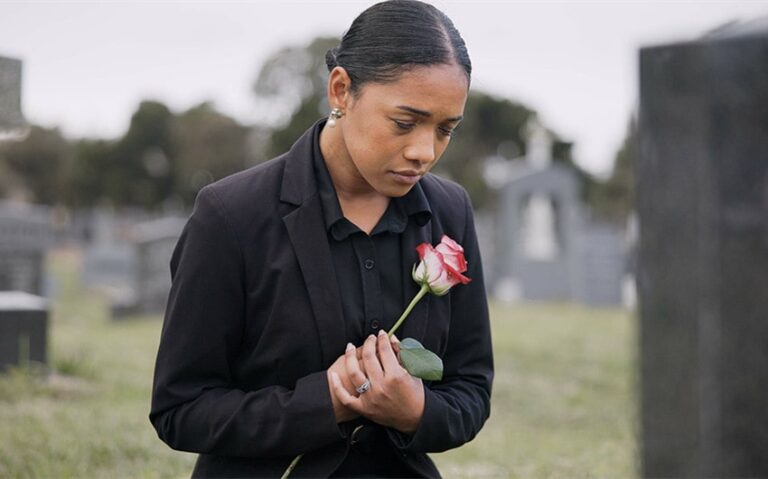How Childhood Trauma and Unresolved Issues Can Lead to Domestic Violence
Childhood trauma and unresolved emotional issues can significantly impact adult behaviors and relationships, sometimes even contributing to harmful patterns like domestic violence. Understanding the link between early traumatic experiences and violent behavior is crucial, as it sheds light on why some individuals may struggle to break free from cycles of aggression.
By recognizing these roots, we can better approach both prevention and healing for those affected. If you have been accused of domestic violence, a Lakewood domestic violence defense lawyer can help prove your innocence and get your case dismissed.
1. The Impact of Childhood Trauma on Emotional Development
Childhood trauma, whether through abuse, neglect, or exposure to violence, can hinder a child’s emotional and psychological development. These experiences often disrupt their ability to form secure attachments and develop healthy coping mechanisms.
As a result, some individuals may grow up with an impaired ability to regulate emotions, making them more prone to aggression as adults. Additionally, unresolved trauma can lead to issues such as low self-esteem, anxiety, and depression, which can all compound the risk of violent behavior in relationships.
2. Attachment Issues and Emotional Dysregulation
When children experience trauma, they may struggle to form secure attachments, particularly if their trauma is related to caregivers or family members. According to attachment theory, these early connections shape how individuals relate to others throughout life.
Traumatic childhoods can lead to attachment disorders, which make it difficult to trust others, communicate effectively, and resolve conflicts peacefully. The combination of insecure attachment and emotional dysregulation increases the likelihood of individuals resorting to aggression or violence as a means of control or expression in adulthood.
3. Learned Behaviors and Exposure to Violence
For children who grow up in environments where violence is normalized or used as a conflict resolution tool, there’s a greater risk of mimicking these behaviors later in life. A study published by the American Journal of Public Health found that witnessing domestic violence during childhood can lead to increased tolerance or engagement in violent behaviors. Essentially, these individuals learn that aggression is a way to assert dominance or respond to frustration, perpetuating a cycle of violence from one generation to the next.
4. Unresolved Trauma and Triggers
People with unresolved trauma often have heightened sensitivity to perceived threats, even if these threats are not real. Triggers like criticism, rejection, or perceived disrespect can set off intense emotional reactions, causing them to respond with anger or violence. This reaction is often not a conscious choice but a learned survival response. In intimate relationships, these triggers can be more pronounced, especially if the person hasn’t developed healthy coping skills.
5. The Role of Substance Abuse
Trauma survivors sometimes turn to substances to cope with their emotional pain. While substance use might seem like an escape, it often exacerbates the very issues it seeks to numb. Alcohol and drugs can lower inhibitions, making aggressive outbursts more likely. The National Institute on Drug Abuse points out that substance abuse is linked to increased rates of domestic violence, especially in individuals with a history of trauma or mental health struggles.
6. Breaking the Cycle of Violence
Although childhood trauma can increase the risk of violent behavior, it does not guarantee it. Many trauma survivors never engage in domestic violence and instead work hard to develop healthier, more stable relationships.
For those who struggle, breaking the cycle often requires a combination of therapy, self-awareness, and, in some cases, legal interventions. Therapy approaches like cognitive-behavioral therapy (CBT) and trauma-informed therapy are particularly effective in helping individuals understand the roots of their behaviors, develop coping skills, and learn non-violent conflict resolution methods.
Moreover, domestic violence support programs that address trauma and underlying emotional issues are essential for long-term behavioral change. By providing resources that help individuals process their trauma and learn constructive ways to handle emotions, these programs aim to prevent future incidents and foster healthier relationships.
7. Seeking Help and Support
For individuals who have experienced trauma and struggle with aggression, seeking professional help is essential. Therapists specializing in trauma and anger management can assist with understanding triggers, learning emotional regulation, and building healthy relationships. Additionally, support groups can provide a sense of community and accountability, helping individuals learn that they are not alone in their struggles.
Creating Healthy Behaviors
Childhood trauma and unresolved emotional issues can play a powerful role in shaping adult behavior, including the potential for domestic violence. While this connection exists, it is not an inevitable outcome.
With proper support, understanding, and intervention, individuals can break free from cycles of violence and build healthy relationships. Addressing trauma and emotional pain is a critical step toward creating a safer, healthier future for individuals, families, and communities.







